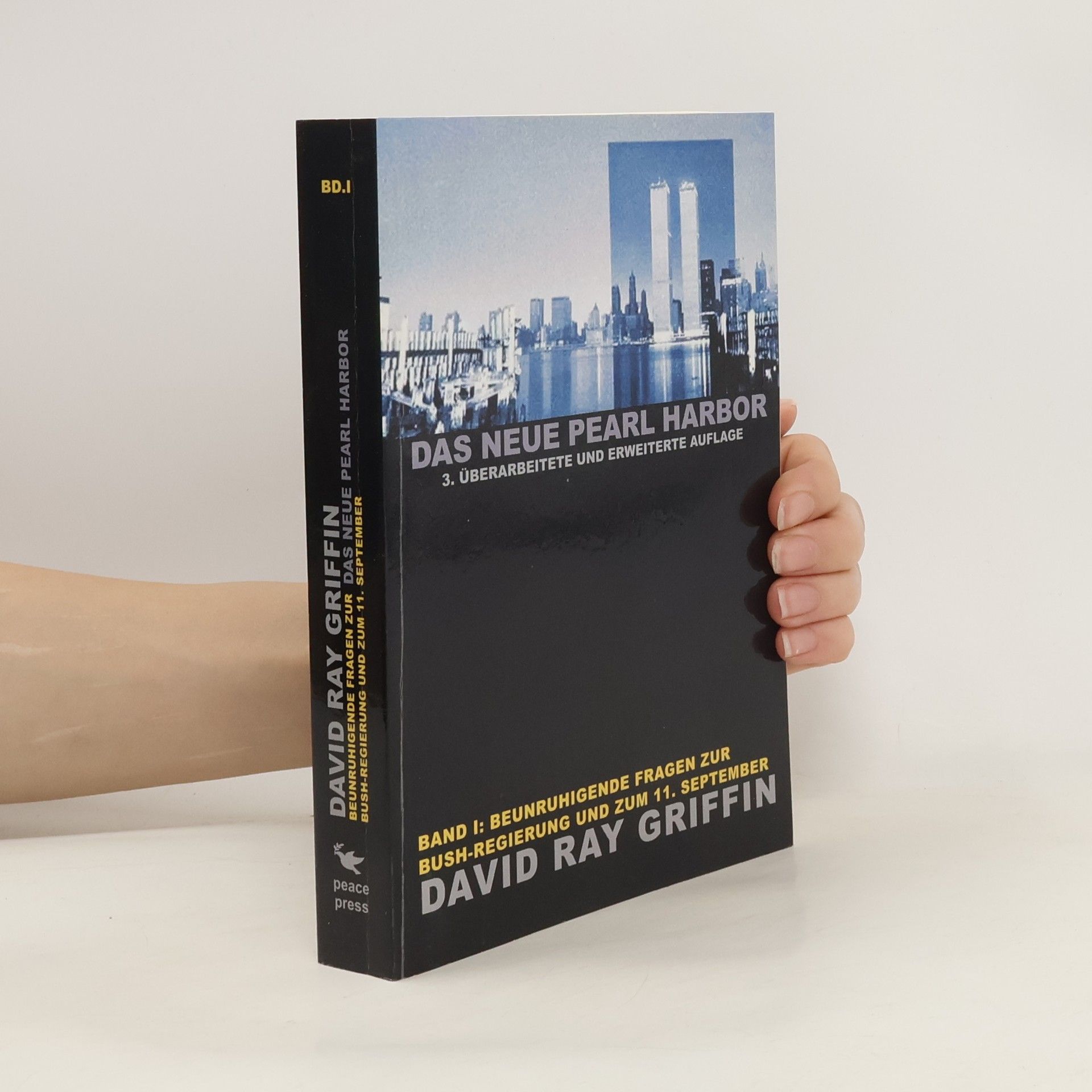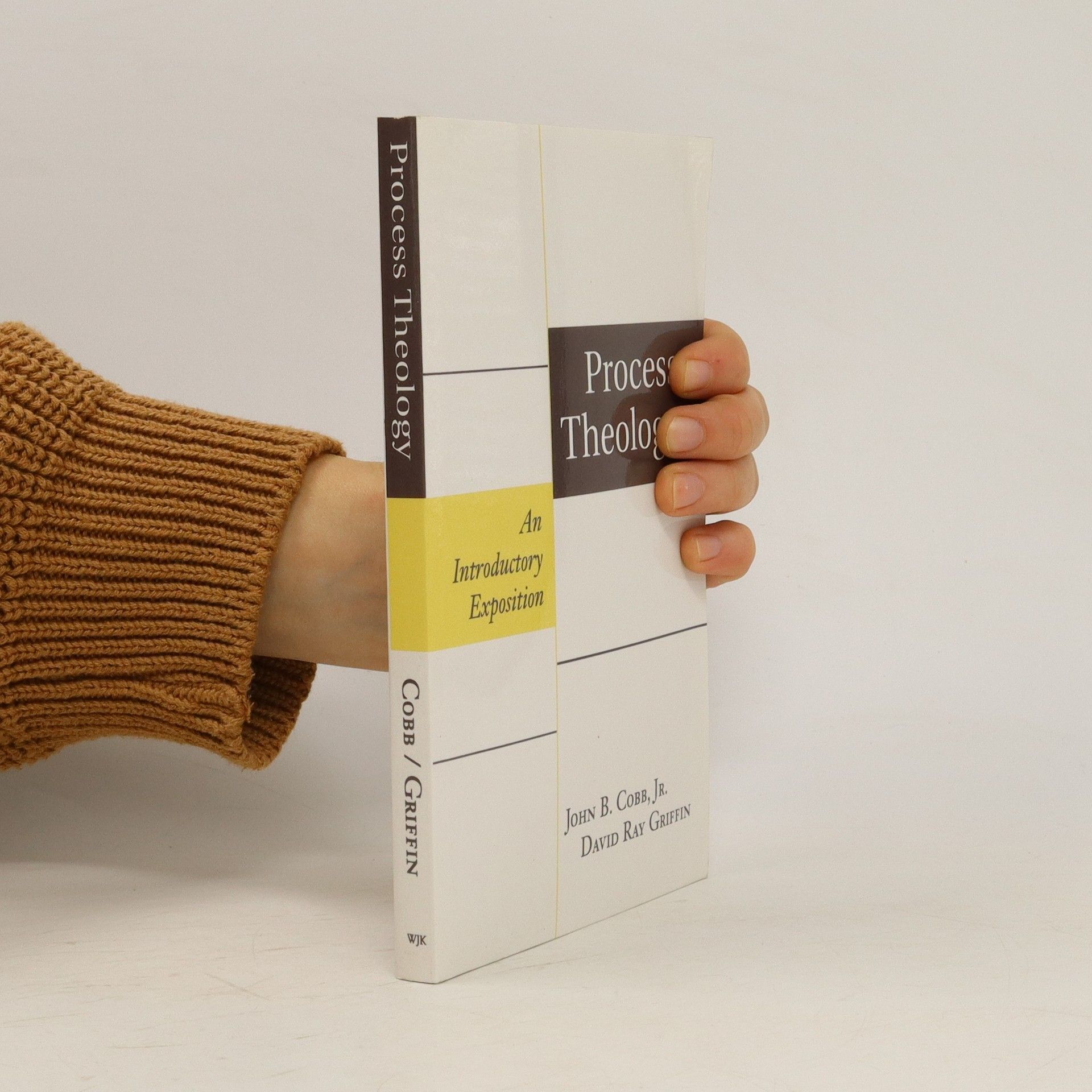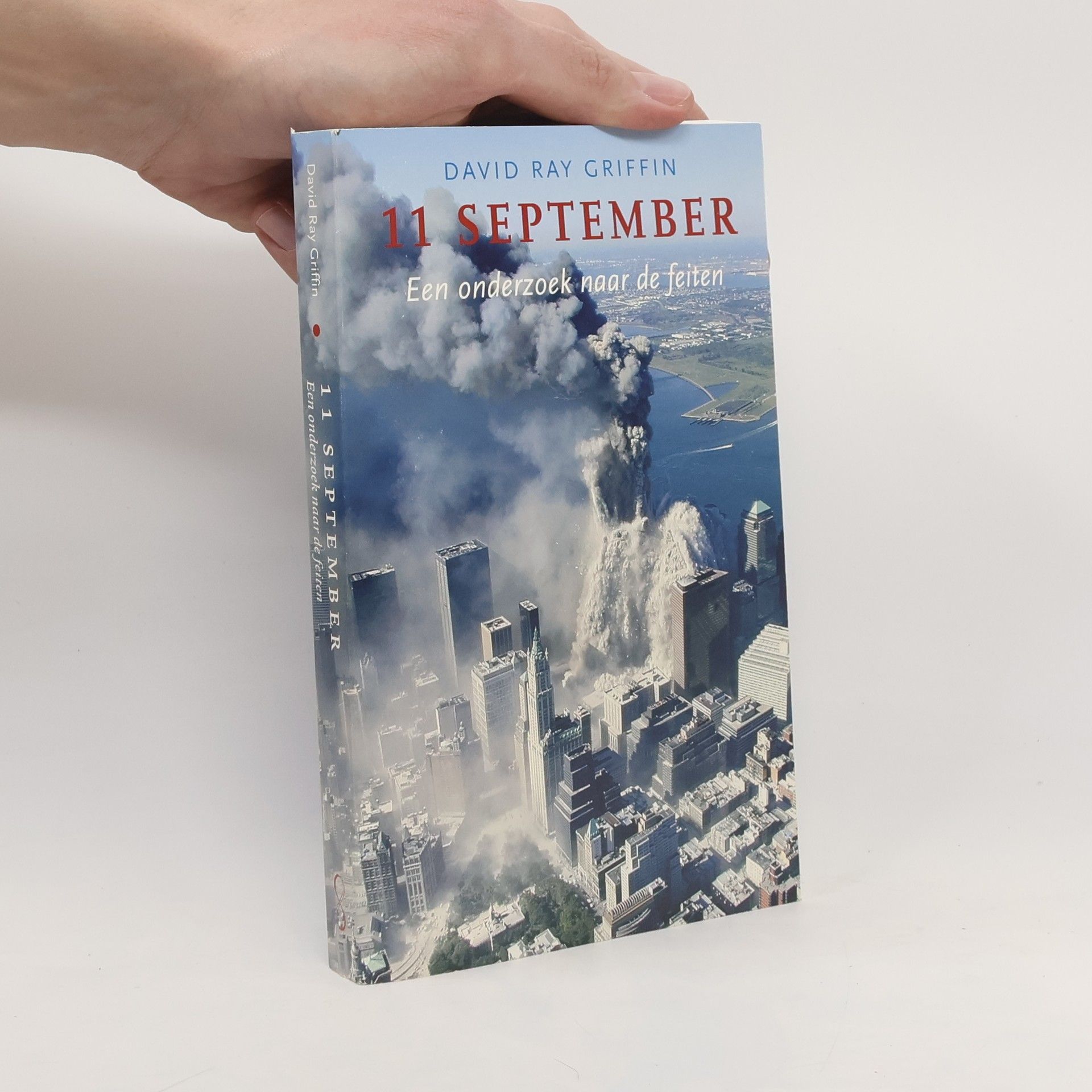America on the Brink: How Us Foreign Policy Led to the War in Ukraine
- 271 pages
- 10 hours of reading
The book argues against American support for the Ukrainian government by highlighting historical commitments made to Mikhail Gorbachev regarding NATO's eastward expansion. It emphasizes warnings from influential figures like George Kennan, suggesting that NATO's movement into Eastern Europe, particularly Georgia and Ukraine, has provoked tensions with Russia. Through this lens, the author critiques the narrative presented by the American media and government, asserting that it overlooks significant geopolitical implications.








